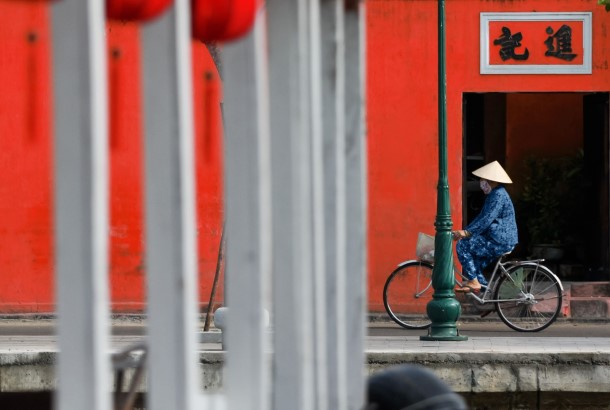Martin Lau, managing partner and lead portfolio manager of the FSSA China Growth strategy, discusses the importance of keeping a long-term mindset and valuation discipline as the strategy celebrates its 30th anniversary this year.
During my career over the past 20-plus years, there have been two major lessons. The first is to focus on bottom-up analysis and hold on to quality companies. Sentiment could turn extremely positive or negative, which I experienced first-hand during the Asian Financial Crisis in the late 1990s, the bursting of the tech bubble in the early 2000s, and the Global Financial Crisis (GFC) in 2008. But the key driver of share prices over the long term is the ability for companies to generate value, by growing their earnings or net asset value.
The second lesson is to remain disciplined and not be carried away by greed or fear. I have seen the same market trade at 60x price-to-earnings (PE) and 5x PE. This means when the market is fearful, we need to be more courageous, and when the market is irrationally bullish, we should tread carefully.
Going against the crowd can be difficult, especially in this environment with steep interest rate hikes in the US, the Russia-Ukraine conflict, weakness in Chinese property and rolling Covid lockdowns. We are not macro investors, nor can we predict how such events will play out. But while every crisis is different, the ingredients are often the same – they all relate to human nature.
Focus on quality as bottom-up investors
Somewhat unique to our investment process is the amount of time we spend meeting with management teams – we hold more than 1,500 meetings a year. Rather than build complex financial models, we try to gain conviction around a company’s competitive moat, sustainability of earnings growth, and the management’s integrity. An acid test of our conviction is whether we would buy more of a stock if the price halves.
Amid the recent headwinds, we have continued to meet with companies to see how they adapt. We believe the best companies tend to emerge stronger from setbacks, as we saw with China Mengniu Dairy following the 2008 melamine scandal, or Techtronic after the US housing market crashed during the GFC.
Our focus on quality also helps to avoid losses. If the management are not honest, they will find ways to take advantage of minority shareholders. China has given us plenty of scandals, as in the case of Chaoda Modern Agriculture, Gome, Luckin Coffee and more recently, Evergrande.
These incidents all point to a lack of integrity, in the form of fraudulent financials, insider trading, or bribery. To form a clear assessment in our company meetings, we also read between the lines and observe the nuances of their culture. Is there a domineering leader? Do they treat their employees well, and care about the broader society? We view any mistreatment of other stakeholders as a clear red flag.










